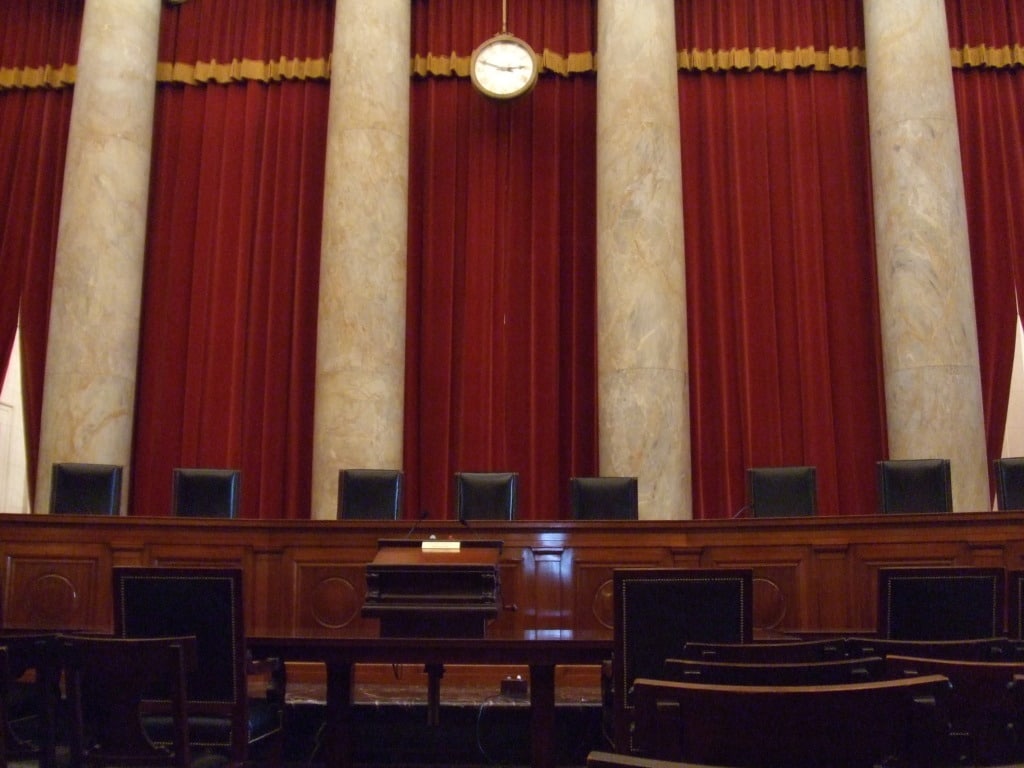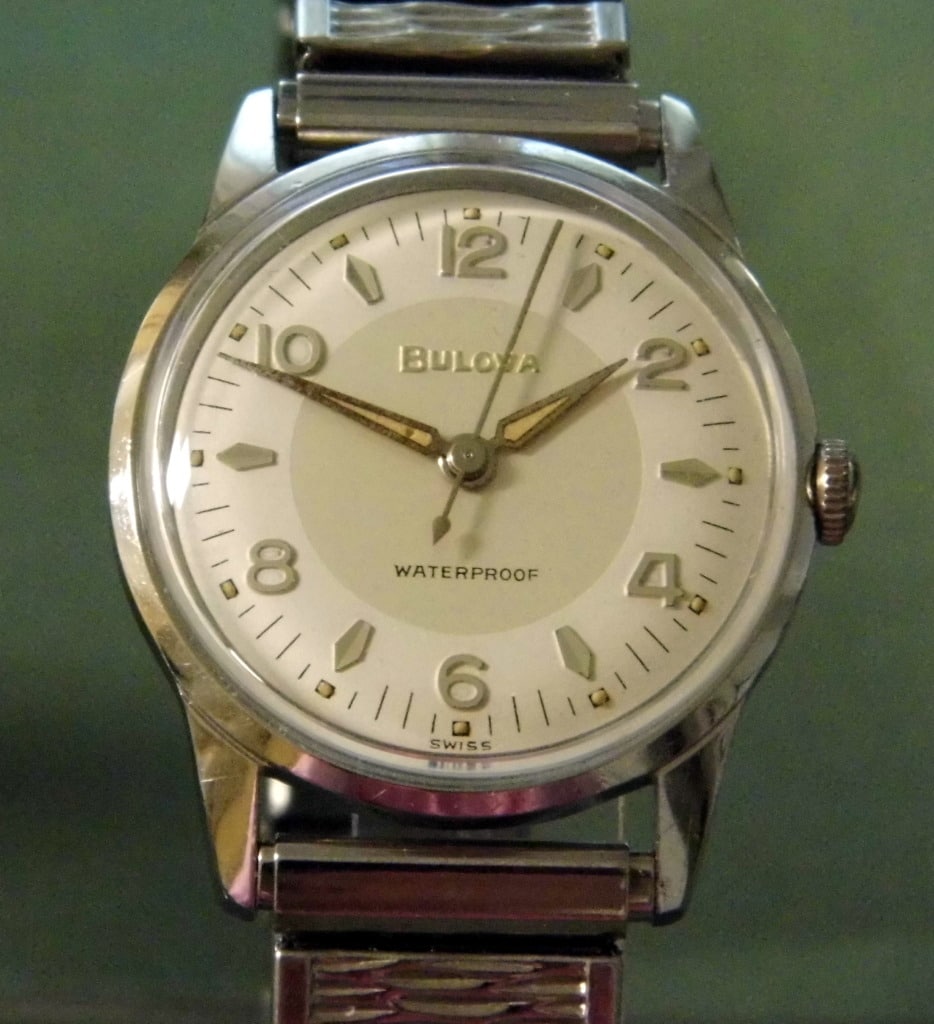Supreme Court Holds that Trademark Statute Applies Only to Domestic Conduct
Last week, in Abitron Austria GmbH v. Hetronic International, Inc., the Supreme Court held that the federal trademark statute—known as the Lanham Act—applies only to domestic conduct infringing U.S. trademarks. The case involved foreign companies that put U.S.-protected trademarks on products that they made in Europe, most of which were sold to customers abroad, but…
Continue ReadingSupreme Court Holds Lanham Act Does Not Apply Extraterritorially
In Abitron Austria v. Hectronic International, the Supreme Court held that the federal trademark statute does not apply extraterritoriality, with the majority emphasizing that conduct relevant to the statute’s focus must occur within the United States.
Continue ReadingAbitron: Media Coverage Round-Up
On March 21, the Supreme Court heard oral arguments in Abitron Austria GmbH v. Hetronic International, Inc., a case on review from the Tenth Circuit raising the geographic reach of federal law. The respondent, an Oklahoma-based electronics manufacturing company, brought a trademark infringement claim under the Lanham Act against the petitioner, a group of German…
Continue ReadingSupreme Court Focuses on Consumer Confusion in Extraterritorial Trademark Case
Yesterday, the Supreme Court heard oral argument in Abitron Austria GmbH v. Hetronic International, Inc. The question before the Court is when the federal trademark statute, known as the Lanham Act, applies to the use of trademarks outside the United States. The respondent, a U.S. company that makes radio remote controls for heavy construction equipment,…
Continue ReadingPreview of Supreme Court Argument in Extraterritorial Trademark Case
On March 21, the U.S. Supreme Court will hear oral argument in Abitron Austria GmbH v. Hetronic International, Inc. to decide when the federal trademark statute, known as the Lanham Act, applies to the use of trademarks outside the United States. The stakes are high—not just for the parties arguing over a $90 million damages…
Continue ReadingStare Decisis and Extraterritoriality
In a recent post, Curt Bradley suggested that the hardest problem the Supreme Court faces as it revisits the geographic scope of the Lanham (Trademark) Act in Abitron Austria GmbH v. Hetronic International, Inc. is what to do about existing precedent. In Steele v. Bulova Watch Co. (1952), the Court held that the Act applies to…
Continue ReadingSupreme Court to Revisit Extraterritorial Scope of Trademark Law
On March 1, the Supreme Court will hear argument in Abitron Austria GmbH v. Hetronic International, Inc., which concerns the extraterritorial scope of the Lanham (Trademark) Act. In resolving this case, the Court will need to decide what to do about an old precedent that appears to be inconsistent with the Court’s modern approach to…
Continue ReadingSupreme Court to Decide Extraterritorial Reach of Trademark Statute
Today the Supreme Court granted review in Abitron Austria GmbH v. Hetronic International, Inc. to consider when the federal trademark statute, known as the Lanham Act, applies extraterritorially. In Steele v. Bulova Watch (1952), the Court held that the act applied extraterritorially to the infringement of a U.S. trademark in Mexico. But lower courts have developed different tests for implementing Steele, creating a…
Continue ReadingTerritoriality v. Extraterritoriality in Intellectual Property
A core principle in U.S. intellectual property (IP) law is that IP rights are territorially limited. A U.S. patent, copyright, trademark, or trade secret affords the holder exclusive rights solely within the United States. This principle also exists at the international level, as reflected in the Agreement on Trade Related Aspects of Intellectual Property (TRIPS)….
Continue ReadingSolicitor General Recommends That Supreme Court Hear Extraterritorial Trademark Case
Last Friday, the Solicitor General (SG) recommended that the Supreme Court hear Abitron Austria GmbH v. Hetronic International, Inc. to consider when the federal trademark statute, known as the Lanham Act, applies extraterritorially. A jury found that five German and Austrian companies infringed Hetronic International’s trademarks and awarded damages of more than $90 million for violations…
Continue Reading- « Previous
- 1
- 2







